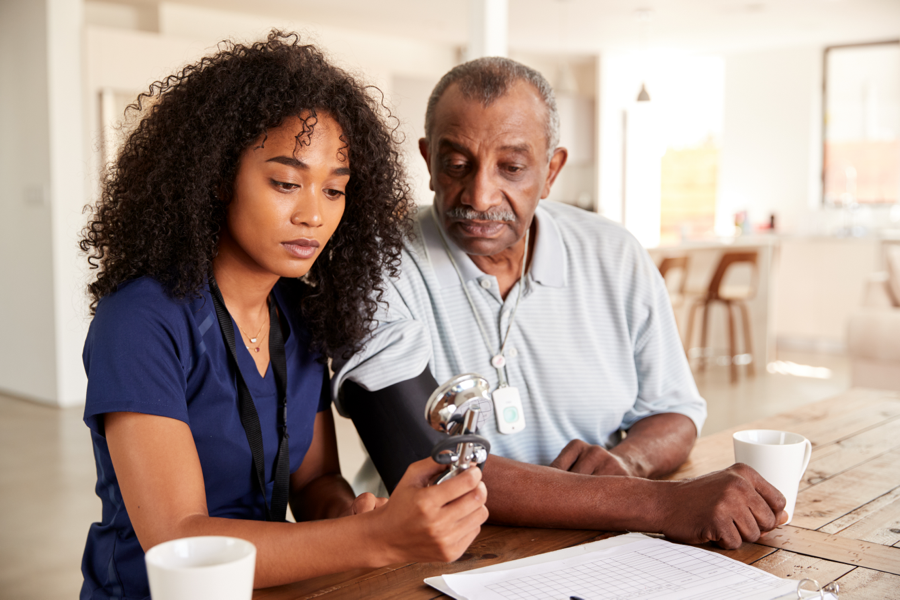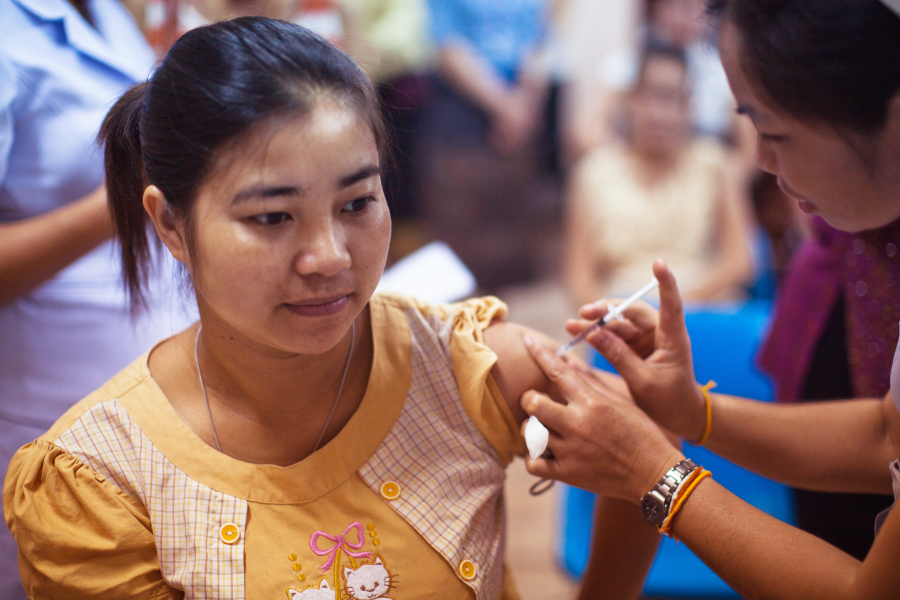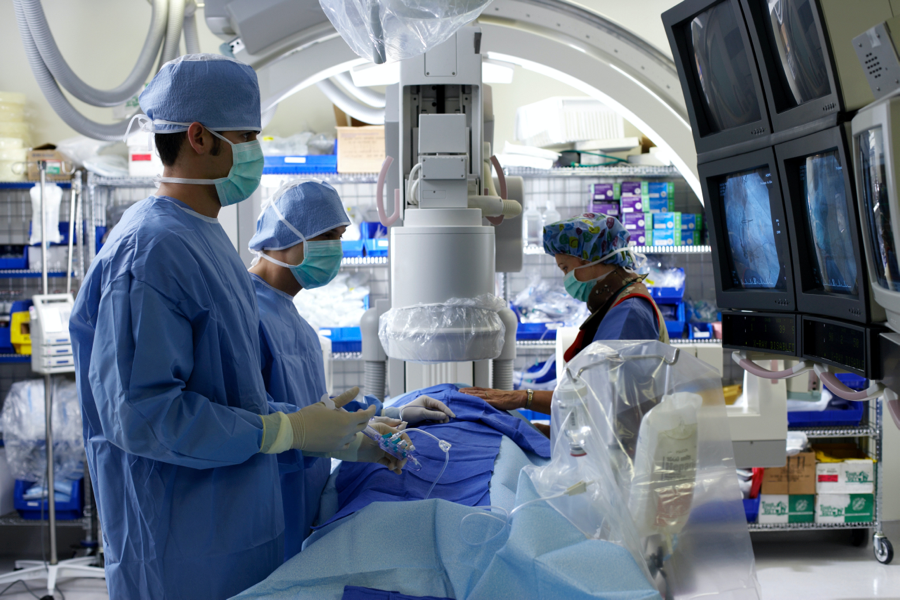
BEYOND THE BEDSIDE
The Impact of ER Nurses on Public Health and Community Outreach
-
 Joanna Whitfield, MSN, RN
Joanna Whitfield, MSN, RN
- Last Updated: 12/19/2023

Emergency Room (ER) nurses play a vital role in public health, making significant contributions to community outreach, disaster preparedness, and addressing health disparities. Their dedication and expertise have a profound impact on the well-being of communities. In this article, we will explore the multifaceted responsibilities of ER nurses and their indispensable role in promoting public health and supporting community well-being.
The Crucial Role of ER Nurses in Public Health
ER nurses are at the forefront of community outreach programs, actively working to improve public health. Their involvement in nursing education, practice, research, and policy reform highlights the extensive reach of their influence in addressing the health needs of diverse populations, especially those at greatest risk. These dedicated professionals actively engage in disaster management training, equipping themselves with the necessary skills to respond effectively to various emergency scenarios. By doing so, they contribute significantly to public health initiatives.
In addition to their involvement in disaster management, ER nurses actively educate the public and plan seminars, raising awareness and disseminating crucial information for public health improvement. Their commitment to community outreach is evident, as they engage with individuals and groups to address public health challenges.
The COVID-19 pandemic showcased their adaptability and unwavering commitment to public health, as they took on new responsibilities such as caring for critically ill patients and providing end-of-life care. ER nurses also act as vital communicators between hospitalized patients and their families, demonstrating their compassionate and essential contribution to public health during critical times.
ER Nurses' Contribution to Disaster Preparedness and Response
ER nurses not only play a crucial role in disaster response but also actively engage in disaster preparedness initiatives. By leading disaster management training sessions, they educate healthcare professionals and community members on response protocols and first aid techniques, empowering them to act effectively during emergencies. This proactive approach strengthens community resilience and response efficiency, making a significant impact on public health.
Furthermore, ER nurses contribute to disaster response beyond the immediate aftermath of an event. They provide ongoing support, medical care, and mental health assistance to individuals and communities affected by disasters. Collaborating with mental health professionals, ER nurses address the psychological impact of disasters, offering counseling and support services to promote emotional well-being. This comprehensive approach emphasizes the valuable contribution of ER nurses to public health and community outreach, ensuring that the long-term health needs of affected populations are addressed.
Addressing Social Determinants of Health
ER nurses play a crucial role in addressing social determinants of health, focusing on improving health equity and supporting vulnerable populations during and after disasters and public health emergencies. During the COVID-19 pandemic, ER nurses took on multiple new roles, such as caring for critically ill patients and providing end-of-life care. These efforts directly contribute to addressing social determinants of health by ensuring that all individuals, regardless of their circumstances, have access to quality healthcare and support during challenging times.
In addition to direct patient care, ER nurses actively engage in disaster preparedness and response, which is crucial for addressing social determinants of health. Through education, community engagement, health promotion, first aid, and lifesaving interventions, ER nurses significantly contribute to disaster preparedness and response. This proactive approach helps mitigate the impact of disasters on vulnerable populations, ultimately working towards improving health equity in communities. Nursing organizations also play a pivotal role in supporting ER nurses and addressing social determinants of health by providing the necessary expertise and resources.
Supporting Vulnerable Populations and Health Equity
ER nurses have a significant impact on vulnerable populations and health equity, particularly during infectious disease outbreaks and disasters. They address disparities before, during, and after such events, focusing on high-risk and highly vulnerable communities. Throughout the COVID-19 pandemic, ER nurses tirelessly provided care and support to vulnerable populations, ensuring they receive the necessary attention and resources to combat the effects of the virus.
In addition to providing direct care, ER nurses contribute to educating the public and supporting communities in disaster scenarios, making a difference in disaster management, preparedness, and recovery. They organize and lead community health education programs aimed at vulnerable populations, equipping them with the knowledge and resources to mitigate health risks during disasters and public health emergencies.
Furthermore, ER nurses play a crucial role in providing essential care and support during climate change-induced natural disasters. Collaborating with local authorities and organizations, they ensure that vulnerable populations receive the necessary aid and resources. Their contributions underscore the importance of their role in promoting health equity and supporting vulnerable communities. ER nurses are instrumental in addressing the needs of vulnerable populations, promoting public health, and ensuring that no community is left behind during times of crisis.

















